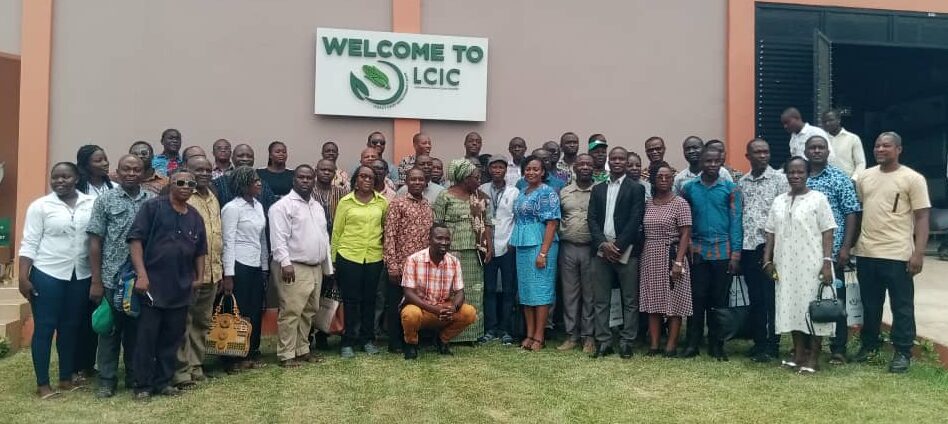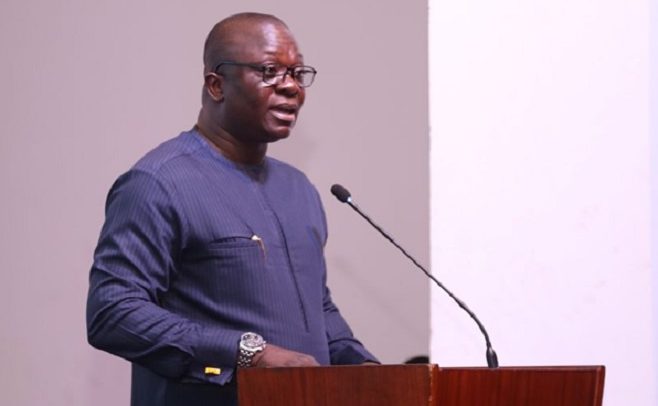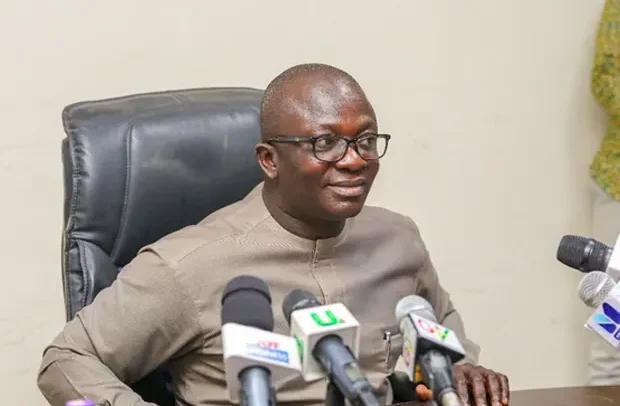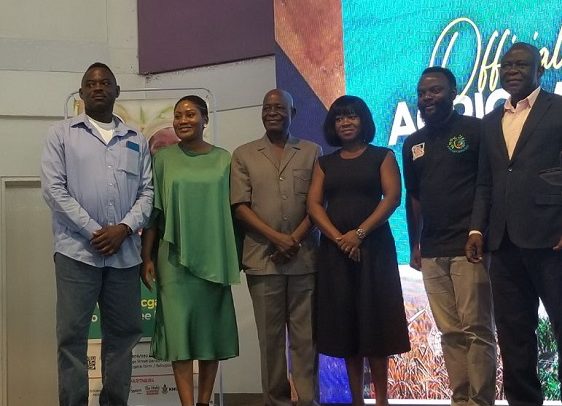
For Africa to become self-sufficient in food production, what it needs are improved seeds, rather than huge machinery, Owusu Afriyie Akoto, Minister for Food and Agriculture in Ghana declared here on Wednesday.
In his address at the 10th Anniversary of the West African Center for Crop Improvement (WACCI) the minister said government’s “Planting for Food and Jobs” will as such distribute improved seeds to 200,000 Ghanaian farmers from this planting season in order to help maximize food crop production for the country.
“WACCI is doing so well because the research that it is doing; the capacity that it is building for researchers to go out there and improve varieties and so on, therein lies agricultural future of Africa and nothing else; It has nothing to do with tractors and big ideas.
“Just the small seeds we improved which has got the potential to increase yield, that is what it’s all about,” the minister maintained.
WACCI, a partnership between the University of Ghana and Cornell University, USA was set up at the University of Ghana, Legon in 2007 to train plant breeders over a 10-year period who will produce improved seeds for the African continent.
In Ghana the maize varieties cultivated yield between half a tonne per hectare to seven tones per hectare, but WACCI said with its new varieties farmers can produce as much as 10 tonnes of maize per hectare.
The minister projected that if with just 11 percent of maize farmers using improved seed in Ghana the country is self-sufficient in maize, then with if the improved seeds get cultivated, there would be the need to expand market access to farmers to sell their wares.
Vice Chancellor of the University of Ghana, Prof Ebenezer Oduro Owusu recalled statistics which projected that about 320 million people would go hungry by 2025 if urgent steps were not taken on food security.
In addition to that he said while great progress had been made globally in agricultural development, the untapped agricultural potentials in sub-Saharan Africa has rather contributed to extreme poverty and deteriorated food and nutrition security with over 240 million people going hungry.
Prof. Owusu said initiatives such as WACCI were therefore important in training the scientists who will help the continent overcome the food security challenge.
“We are going to be feeding 2.5 billion people in less than 50 years so we need institutions like WACCI to step up the game in terms of the scientists that we need and in terms of how these scientists work with national research centers which is what WACCI is doing,” Agnes Kalibata, the PresidentAlliance for a Green Revolution in Africa (AGRA) the funding institution for the WACCI project pointed out.
Founding Director for WACCI, Prof. Eric Danquah noted that the work of WACCI was to enable development.
“Science underpins our development. We need scientists to develop new crop varieties for our sub-region. Since establishment we have enrolled 180 Ph.D students. We need to scale up,” he stated.
Enditem
Source: Xinhua/NewsGhana.com.gh
Read Full Story




















Facebook
Twitter
Pinterest
Instagram
Google+
YouTube
LinkedIn
RSS